The Thin Red Line (1964)
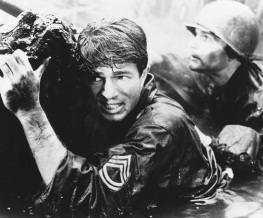
The opening credits of The Thin Red Line are enough to transport you to an entirely different age of film making. Long forgotten names parade over a threatening scene of war ships, accompanied by the most ridiculous theatrical score – the orchestra sound like they’re playing at gun point. But this is how they did things back in the 60s; nothing about TTRL is a half measure. If it can be dramatic, then it’s dramatic; if it can be intense, then it’ll darn well be intense.
TTRL follows the platoon of Charlie company as they plunge into the depths of the island of Guadalcanal in the Pacific campaign of World War II. Captain Stone (Ray Daley) must lead his men on multiple seemingly-suicidal missions on the commands of superiors who hold no sympathy toward his affection for his men. So long as the ‘Japs’ strong hold is taken, they’re happy – and they don’t care how many men he loses, so long as the job’s done.
Private Doll (Keir Dullea, yet to appear in the epic 2001: A Space Odyssey) is one such member of Charlie company whose life is nothing more than a sacrifice yet to be made for the greater cause of victory. Doll, separated from his wife after only 8 days of marriage in order to serve on this tour of the Pacific, takes it upon himself to disobey the orders of his superiors whilst on service – a decision which ultimate proves to keep him alive. A tension forms early on between Doll and his immediate superior First Sgt. Welsh (Jack Warden), whose unorthodox outlook on combat mentality results in Doll defying his every command.
As the perils of war continue to confront Charlie company, time and time again Doll manages to save the day; one insanely-inexplicable course of events see him accidentally set off a mine field with an avalanche. They don’t teach you that in the army these days (not that I’ve been). But Doll becomes increasingly unpredictable as he struggles to deal with the guilt of killing a Japanese ambusher with his bare hands. As Captain Stone is relieved of duty for lacking clear judgement (he doesn’t like seeing his men die), Doll and Charlie company have to make one final push on the Japanese strong hold – The Elephant. No one looks like they’ll survive this one.
The drama of many of TTRL‘s sequences has aged significantly; the fight scene between Doll and the ambushing Japanese soldier borderlines on the hilarious rather than terrifying, and there’s even a moment when the screen goes all wibbly-wobbly for an altogether unexpected sexy dream sequence. The worth of this aged classic lies in the performances of its actors, who all deliver their parts with relentless enthusiasm. The main thrust of the storyline is one which seeks to highlight the awful economies that are played out during war: someone has to make the call as to how many men can be justifiably sacrificed to achieve a mission’s goal – and it’s a message whose value is no less significant in today’s world. The scale of this war piece also has to be mentioned – modern lazy CGI effects should look upon the battle sequences of TTRL and realised that sometimes there’s no substitute for a hard working ensemble.
In summary though, I don’t think I can sell TTRL to you. It’s old. Really old. There are moments of acting brilliance, but the overall feel of the film doesn’t translate well for a modern generation – it was made for another era of cinema. I haven’t seen the 1998 version of this film, but I’m willing to bet that it probably tells the same story with a little less hamming around and mental accompanying music. So long as you can acclimatise to the cinema of a past generation, then this is certainly a film worthy of your attention. If it’s on Film 4 at stupid o’clock in the morning, by all means, set the Sky player to record. Just be prepared to fast forward a lot of it…



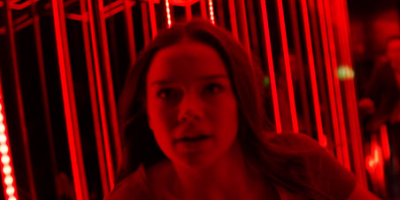
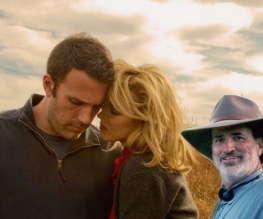
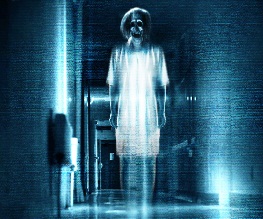
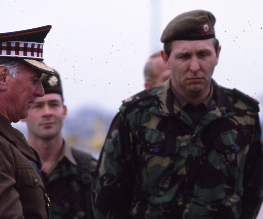
Recent Comments